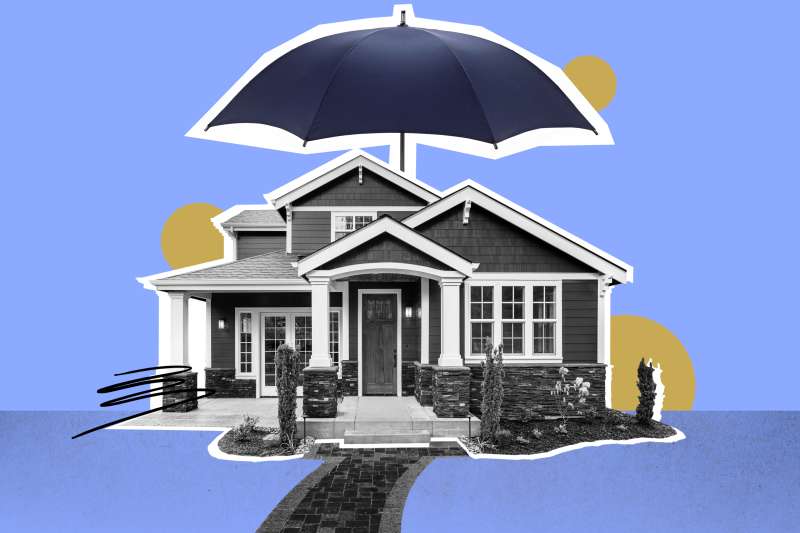In the realm of protecting one's paramount asset — the home — the deliberation surrounding the necessity of insurance frequently arises. Is home insurance merely an additional financial burden, or does it serve as a crucial protective measure? Let's explore the complexities of home insurance, aiming to elucidate its merits and assist in making a well-informed choice regarding the protection of one's residence.
Understanding Home Insurance
At its core, home insurance is a safety net designed to protect your home and possessions from unexpected events. It typically covers damage from disasters like fires and storms, theft, and sometimes even liability for injuries that occur on your property. But with various policies available, each offering different levels of protection, understanding what's right for you is crucial.
Why Home Insurance Matters
Imagine waking up to a house severely damaged by a storm or returning from work to find your home burglarized. These scenarios are distressing, but home insurance can alleviate the financial strain of rebuilding and replacing lost items. More than just a policy, it's peace of mind, ensuring that when the unforeseen happens, you're not left bearing the cost alone.
Common Misconceptions About Home Insurance
Many homeowners believe insurance is an unnecessary expense, thinking disasters are unlikely or that they can manage any loss out-of-pocket. However, the reality is that accidents and natural disasters are unpredictable, and the financial impact can be devastating. Home insurance offers a safety net that can save you from significant financial distress.
Evaluating Your Need for Home Insurance
Your need for home insurance depends on various factors, including your home's location, its value, and your personal risk tolerance. If you're in an area prone to natural disasters, or if your home holds significant value in assets, insurance is not just recommended; it's essential. It's also worth considering liability coverage, which protects you if someone is injured on your property.
Making Home Insurance Affordable
The cost of home insurance can vary widely, but there are ways to make it more affordable. Enhancing your home's security, maintaining a good credit score, and shopping around for the best rates can all lead to lower premiums. Remember, the cheapest policy isn't always the best; it's about finding the right balance between coverage and cost.
The Consequences of Going Uninsured
Opting out of home insurance is a gamble that can lead to dire financial consequences. Without it, any damage to your home or belongings will need to be paid out of pocket. In the worst-case scenario, you could lose your home entirely with no means of financial recovery.
Conclusion
Home insurance is more than just a policy; it's a critical component of responsible homeownership. It provides not only financial protection but also peace of mind, knowing that you're prepared for the unexpected. As you consider the value of home insurance, remember that the cost of being uninsured can far exceed the price of your annual premium. Protecting your home is not just about securing a physical structure but safeguarding your future and that of your loved ones.
FAQ Section
-
What does home insurance typically cover? Home insurance policies can cover damage to your home's structure, personal belongings, and liability for injuries.
-
How can I lower my home insurance premiums? Enhancing home security, maintaining a good credit score, and comparing quotes from different insurers can help reduce your premiums.
-
What's not covered by standard home insurance policies? Floods and earthquakes often require separate policies. Always read the fine print to understand your coverage fully.
Remember, the right home insurance policy can make all the difference when it comes to protecting your home and your financial future.





